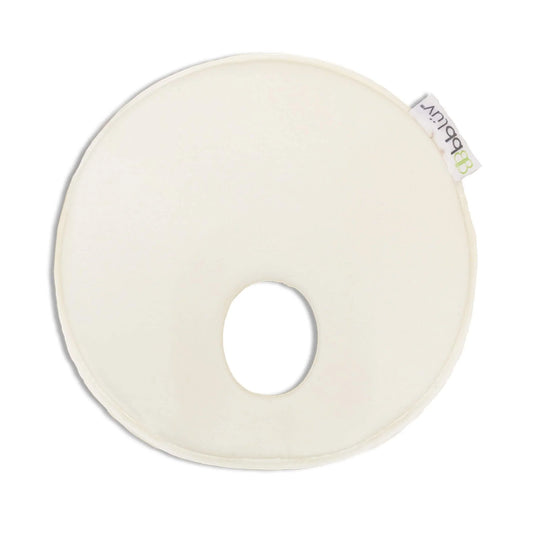Have you felt a loss of identity during motherhood ? You are not alone. Becoming a mother involves a profound transformation in which we mothers do everything in our power to quickly adapt to this new role. It is a path without an instruction manual, and it is normal for many of us to feel somewhat lost, not only on the path, but also in this new version of ourselves.
Loss of identity in motherhood
To better understand this process and how to navigate it, we spoke with Nicole Dimonte from @criardelamano , a psychologist specializing in perinatal mental health.
"First, we need to understand that the loss of personal identity is common during motherhood, but we are still ourselves, only now a new aspect of ourselves is added to our identity package: being mothers ."
Motherhood is one of the most transformative processes a woman can experience. Like any change, it involves tension and a process of adaptation and readjustment, and that takes time. It is important to normalize all the imbalance and vulnerability that the transition to motherhood implies, and understand it as a normative and expected crisis for a woman who becomes a mother.
How can we make peace with this renunciation of a part of who we were before?
In a society where immediacy and speed prevail over results, it is difficult to come to terms with the idea that becoming a mother is a process of psychological reorganization and reconstruction, of one's own identity, of one's relationship with oneself and with others, and of the place one occupies in the world.
To better navigate this period of renunciation and new gains, it is very helpful to find spaces of enjoyment in this new stage. If everything that being a mother implies is associated with a difficult experience full of sacrifices, obviously everything good is left in the past, and everything bad in the present.
4 tips to achieve that identity readjustment
-
Find spaces for yourself
Don't lose sight of how necessary it is to find spaces to connect with the other parts of yourself. Although being a mother probably takes up a large part of your day and time today, you are still more than just a mother and that also requires a place in your daily life.
-
Reset your expectations
Try to readjust expectations regarding the things you can do today that are not related to parenting, because you will most likely no longer be able to exercise as many times a week as you used to, or get together with your friends as much as before. Especially in periods of early parenting, you begin to value much simpler and more time-bound things: a quiet lunch, watching a series in a row, having lunch with a friend, going out to walk the dog alone, etc.
-
Turn to your support networks
It is not a good idea to ask for help to go out for an hour to do an activity that interests you, even if it is not urgent. It is a necessity because it gives you well-being and renewed energy, and that has a direct impact on your availability to continue taking care of yourself and your children.
-
Everything is transitory
Understanding that the first years of parenting are intense and demanding but that they do not last forever, and that there will come a time when personal time becomes more easily available again.









